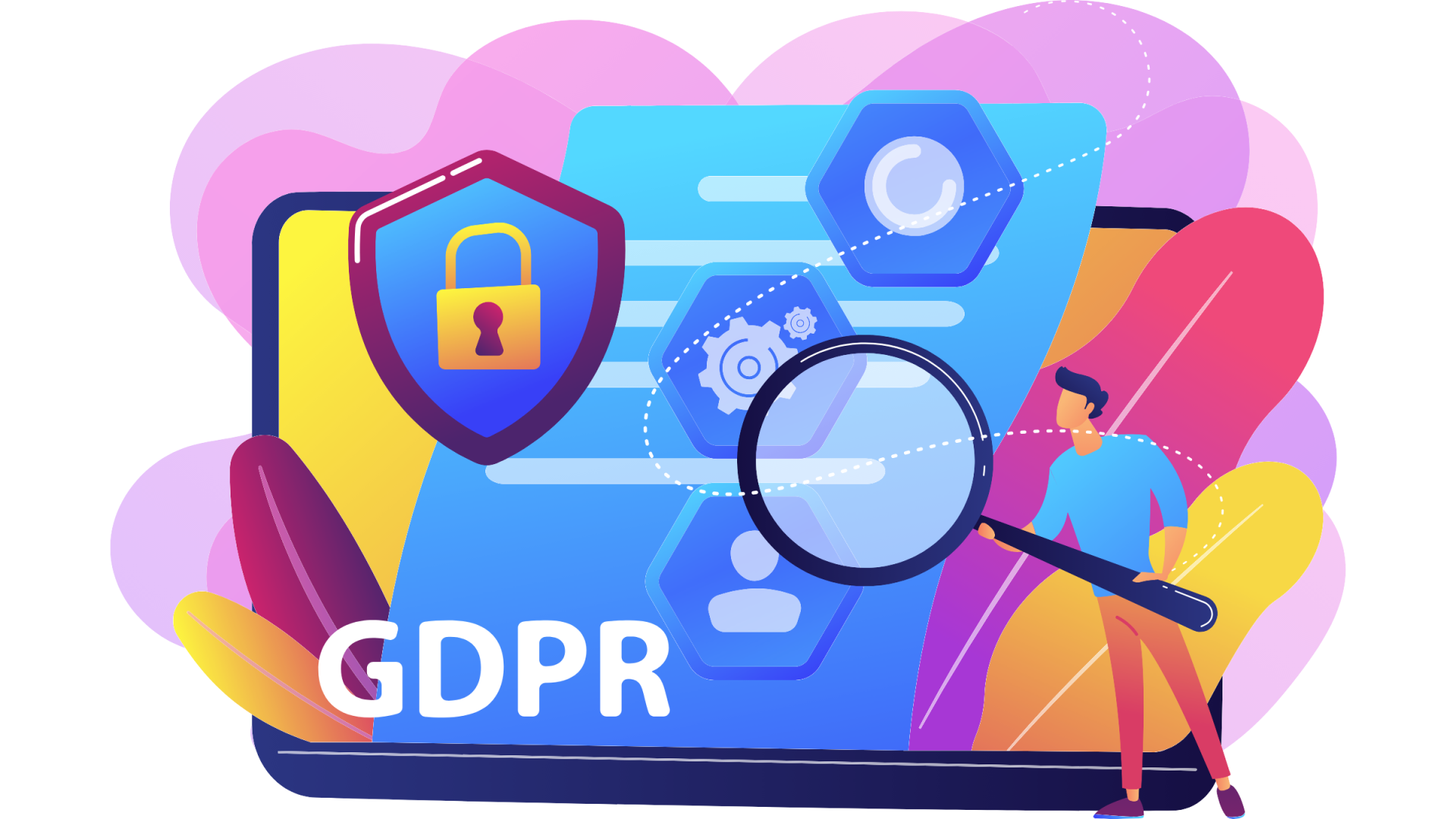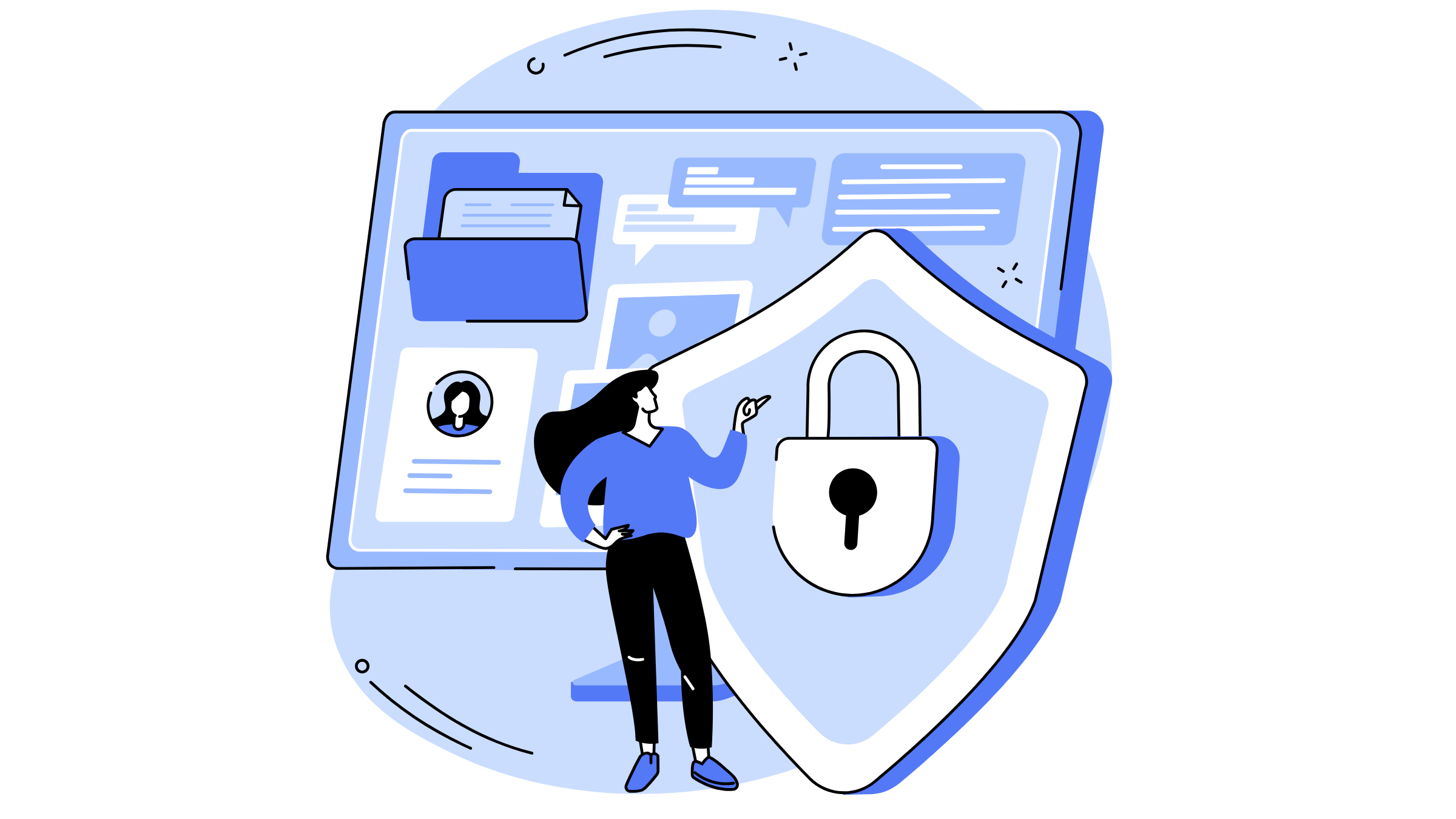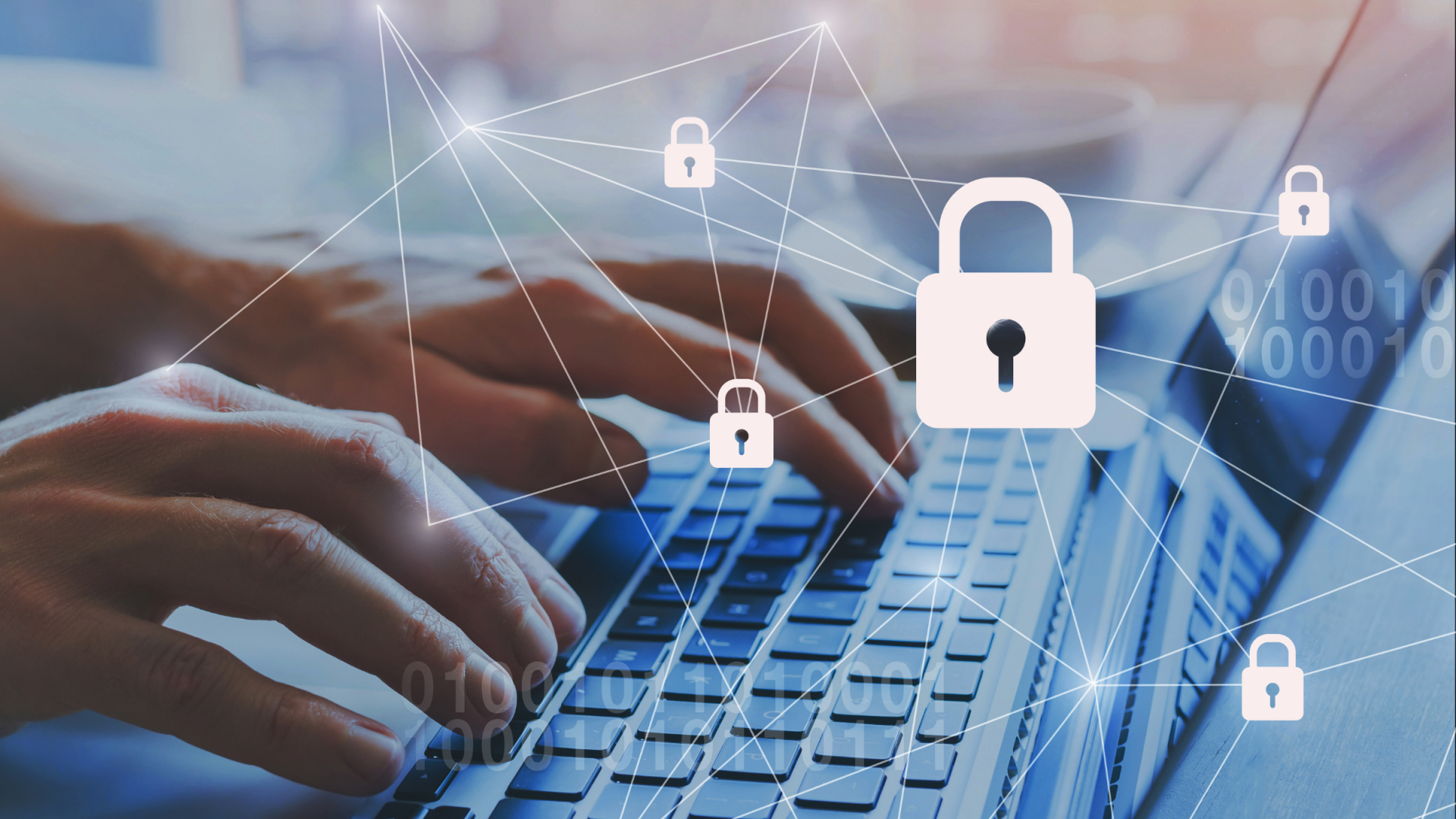Data privacy has become a critical concern in today's digital world. With the increasing amount of personal information being shared online, it is essential to understand the importance of keeping our data secure. From social media platforms to online shopping websites, our personal information is constantly being collected and stored.
The Impact of Data Breaches

Data breaches have become increasingly common in recent years, highlighting the importance of data privacy. When sensitive information is compromised, it can lead to financial loss, reputational damage, and a breach of trust between organisations and their customers.
Data breaches not only affect individuals but also have a significant impact on businesses. The cost of a data breach can be astronomical, including legal fees, compensation for affected individuals, and damage to the company's reputation. Organisations that fail to prioritise data privacy risk losing the trust of their customers, leading to a loss of business and potential legal consequences.
The Legal Framework for Data Privacy

To address the growing concerns around data privacy, governments around the world have implemented legal frameworks to protect individuals' personal information. These frameworks outline the rights and responsibilities of both individuals and organisations when it comes to handling data.
Data Privacy Regulations Around the World

Data privacy regulations vary from country to country, with some nations having more stringent laws than others. Understanding the regulations in your jurisdiction is essential to ensure compliance and protect personal data.
The Role of Technology in Data Privacy

While technology has contributed to the challenges of data privacy, it also plays a crucial role in protecting personal information. Encryption, for example, is a widely used technology that ensures data remains secure and confidential. It scrambles data into an unreadable format, making it difficult for unauthorised individuals to access.
Best Practices for Data Privacy Protection

Protecting data privacy requires a combination of technical measures and best practices. Here are some key steps individuals and organisations can take to enhance data privacy protection:
- Use strong and unique passwords for all online accounts. Avoid using common phrases or personal information that can be easily guessed.
- Enable two-factor authentication whenever possible. This adds an extra layer of security by requiring a second form of verification, such as a code sent to your mobile device.
- Regularly update privacy settings on social media platforms and other online services. Review what information is being shared and with whom.
- Be cautious when sharing personal information online. Think twice before providing sensitive details, especially on websites or platforms that are unfamiliar or unsecure.
- Keep software and devices up to date with the latest security patches. Manufacturers regularly release updates to address vulnerabilities and improve data protection.
- Regularly back up important data to an external hard drive or secure cloud storage. This ensures that even if your device is compromised, your data remains safe.
- Educate yourself and your employees about data privacy best practices. Provide training and resources to ensure everyone understands the importance of protecting personal information.

Data Privacy in the Workplace
The Role of Individuals in Protecting Their Data
While organisations play a crucial role in protecting data privacy, individuals also have a responsibility to safeguard their own personal information. Here are some steps individuals can take to protect their data:
- Be mindful of the information you share online. Avoid sharing unnecessary personal details on social media or other platforms.
- Regularly review your privacy settings on social media platforms and adjust them according to your preferences.
- Be cautious when clicking on suspicious links or downloading files from unknown sources. These could contain malware that compromises your data.
- Use secure Wi-Fi networks when accessing the internet outside your home. Public networks may not be secure, making it easier for hackers to intercept your data.
- Regularly monitor your financial accounts and credit reports for any suspicious activity. Report any unauthorised transactions immediately.
- Consider using a virtual private network (VPN) when browsing the internet. A VPN encrypts your internet traffic, making it more difficult for hackers to intercept.

The Future of Data Privacy
Conclusion: The Importance of Prioritising Data Privacy in the Digital Age


